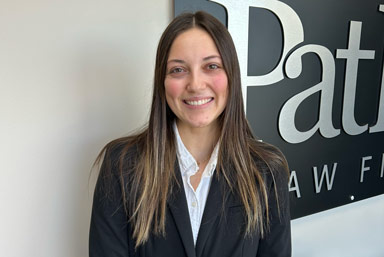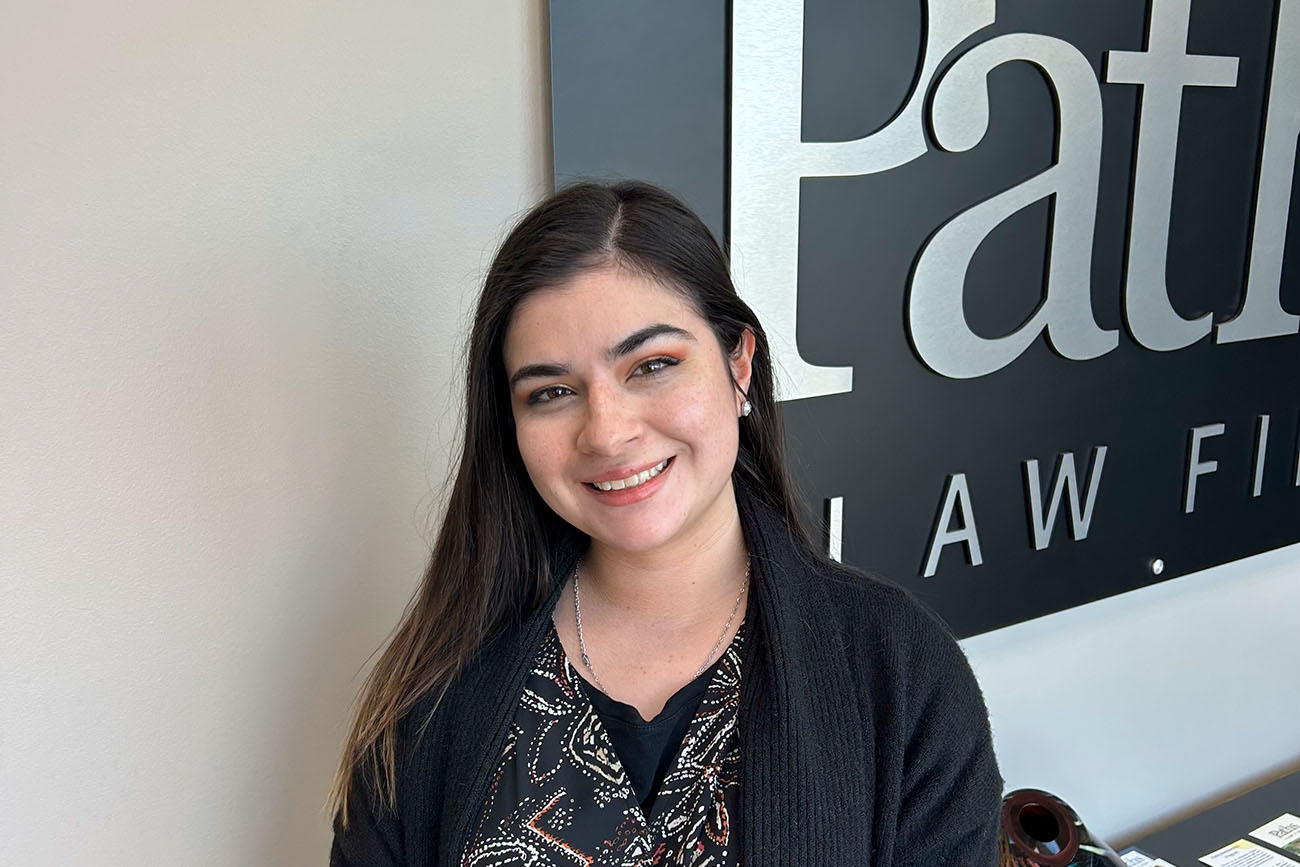Estate planning can be a complicated undertaking that requires the assistance of a qualified legal professional to be done correctly. While the laws and requirements can differ from state to state, understanding what probate is and how it works is crucial if we are to understand how to use the process appropriately or avoid probate altogether.
Probate refers to a specialized court process designed to handle the administration of a person’s estate. This includes not only dealing with the estates of the deceased, but also the estates of the incapacitated who are still living.

In effect, to probate the estate of a deceased person is to ensure that assets solely titled in the deceased person’s name are legally transferred to their heirs or beneficiaries stated in their will.
A common error most people make when considering how to structure their estate is to believe that having an up-to-date last will and testament avoids probate.
Unfortunately, that is not the case.
Should a person die with no will in place, the state will direct where the assets in the estate will be distributed. A last will and testament overrides the state’s directions and allows the judge in the probate court access to detailed instructions from the deceased on how to distribute the estate. In addition, there are vehicles that can be used to ensure that assets will not be required to go through the probate process at all. These vehicles, such as a revocable living trust, may also protect the estate from risks that may be difficult to predict, like lawsuits from outside parties.
While the time and complexity associated with probate have been reduced dramatically over the years, it nonetheless requires your beneficiaries to hire an attorney and proceed with a court process before the estate may be distributed. In some instances, like a small or simple estate, the probate process may be appropriate. Deciding whether a will and the subsequent probate process or a different estate planning vehicle is appropriate is a decision to be made with the advice of a legal professional.
Regardless of the estate planning device chosen, not having any estate plan is a mistake to be avoided. We owe our families the forethought of planning to protect our assets and our beneficiaries at the time of our death.
Professional Legal Services
To learn more about how Paths Law Firm can help with the probate process, click here. Our team of experienced attorneys is here to answer questions and act as your guide.



































